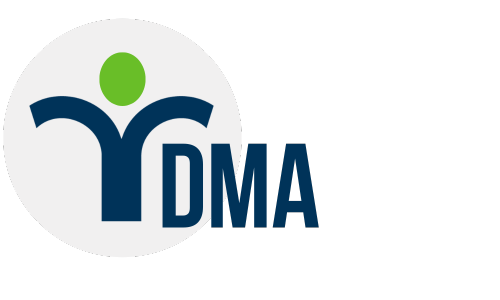
Capital Gains Chaos: Extensions & Unprecedented Delays to Tax Season 2025
Stop! Don’t file a T1 or T3 tax return yet, says a March 11, 2025, news release from the CRA, if you have been impacted by the chaos of the proposed capital gains inclusion rate increase.Fixing Interpretations: Donors and Tax Strategies
 As a financial advisor, a common query you might encounter is how clients can improve their financial position through charitable donations, particularly from sources like RRSPs/RRIFs or investments. While there are tax-efficient strategies to encourage gifting from these sources, the suggestion that a donor can end up in a better financial position after making a gift is inherently flawed. Here’s why:
As a financial advisor, a common query you might encounter is how clients can improve their financial position through charitable donations, particularly from sources like RRSPs/RRIFs or investments. While there are tax-efficient strategies to encourage gifting from these sources, the suggestion that a donor can end up in a better financial position after making a gift is inherently flawed. Here’s why:
DMA ™ Program Orientation & Retirement Income Services Specialist Program Offer
 Do you have the skills to provide the process and structure your clients will need to effectively plan for their retirement? Differentiate yourself, attract new clients and increase profits by providing a high value service as a trusted advisor to your clients as a DMA™- Retirement Income Services Specialist.Take ten minutes and check out the Introduction to the DMA™- Retirement Income Services Specialist Program Orientation. Your experience includes an Orientation video, free course and calculator trials, and a special program offer that ends on March 15! Check out the details here:
Do you have the skills to provide the process and structure your clients will need to effectively plan for their retirement? Differentiate yourself, attract new clients and increase profits by providing a high value service as a trusted advisor to your clients as a DMA™- Retirement Income Services Specialist.Take ten minutes and check out the Introduction to the DMA™- Retirement Income Services Specialist Program Orientation. Your experience includes an Orientation video, free course and calculator trials, and a special program offer that ends on March 15! Check out the details here:
Upcoming Tax & Investment Milestones: March and April
 In this final month of the first quarter of 2024, significant new tax filing milestones arise, but with a twist, because both March 30 and 31 are on a weekend and April 1 is a Monday. For these reasons it’s important for tax and financial specialists to step up the tax filing conversation on critical issues like any potential RRSP excess contributions and everything related to trusts! Here are the significant dates to know for March and April:
In this final month of the first quarter of 2024, significant new tax filing milestones arise, but with a twist, because both March 30 and 31 are on a weekend and April 1 is a Monday. For these reasons it’s important for tax and financial specialists to step up the tax filing conversation on critical issues like any potential RRSP excess contributions and everything related to trusts! Here are the significant dates to know for March and April:


